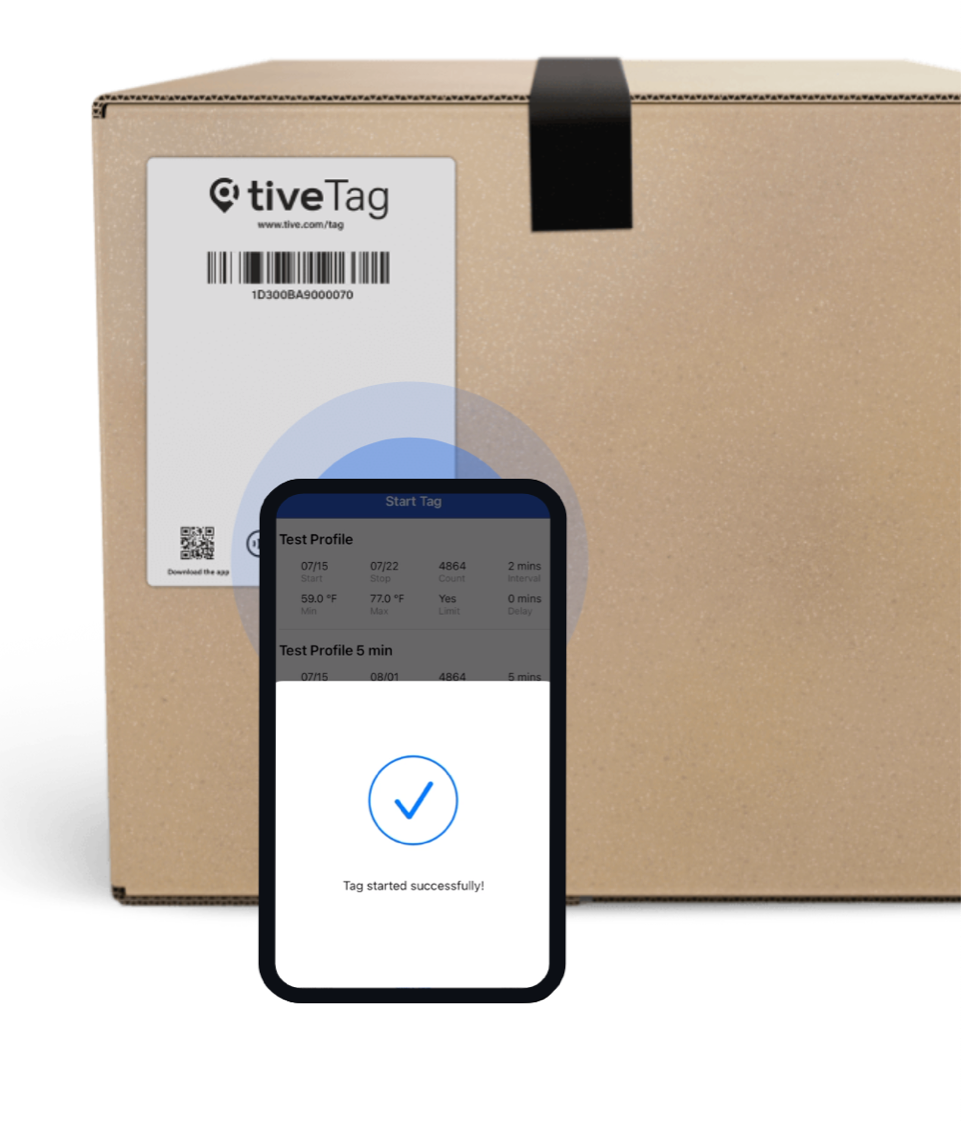For many years, BITO-Lagertechnik has put into practice the concept of sustainability, supported by innovative technologies and state-of-the art machinery and in 2021, BITO-Lagertechnik was verified as climate-neutral by TÜV Rheinland Group Carbon Services. Sustainable development requires a new mindset that affects the entire supply chain. It requires a new approach when selecting raw materials, implementing resource saving manufacturing methods and re-organising logistics in a way to create added value for customers.
Users are more aware than ever of the environmental impact of goods and services. In the field of storage, order picking and transport, as well as in production environments such as Kanban processes, reusable, sturdy carrying and transport equipment have always been in demand in order to avoid packaging waste. Whereas the focus in the past was traditionally on reducing costs, today’s focus is moving to sustainability.
Regardless of the series or variant, BITO bins and containers are the ideal alternative to disposable cartons, because they are sturdy, durable and suited for rough handling. Plastic bins save a lot of packaging waste: one BITO multi-trip MB container replaces hundreds of disposable cartons during its long service life.
Recycling and upcycling in BITO-owned facility
As a manufacturer, it is equally important for BITO-Lagertechnik to offer ecological alternatives to virgin plastic. Apart from reducing the environmental impact, using regranulated plastics increases energy efficiency in production. Every ton of polypropylene that is not produced saves 1.7 tonnes of CO₂.
BITO has been operating a well-organised bin and container recycling system for many years. Plastic waste, rejects and returnable containers are reground in a company-owned facility and processed into new plastic bins, containers and bin accessories. As an answer to the increasing demand, BITO has been manufacturing the most popular sizes of the MB multi-trip container series from re-granulated material or from certified ‘post-consumer plastic’, i.e. recycled plastics from household waste. This production line has been part of the standard portfolio since the end of 2019.
The MB ECO is not only about recycling; it is also about up-cycling. A disposable, single-use product becomes a durable, high-quality and environmentally friendly reusable bin. With a triple benefit for the environment: household waste is not incinerated (less air pollution), the material is not petroleum-based (this saves approximately 950kg CO₂ per tonne of PP) and, like all BITO multi-trip containers, the MB ECO replaces many times more limited-use packages during its useful life.
Recycled materials are ‘naturally’ dark-coloured, so there are no customised colour choices. For sorting purposes and for a better overview, the bins, currently available in the three sizes 400 x 300 x 223mm, 600 x 400 x 223mm and 600 x 400 x 323mm, are available with differently coloured lids in blue, yellow, green, red and black. All other optional equipment items such as hinged lids or stacking rails are the same as for the BITO MB standard series.
Customisable divider systems and inlays
Practical bin inserts, inlays and subdivisions also contribute to saving packaging waste. This is why BITO also focuses on developing new solutions in this field. Perfectly fitting divider systems such as lengthwise and crosswise dividers, push-fit accessories and insert boxes make sure that goods do not shift and get damaged during transport. As a result, no additional disposable packaging, filling material or other protective materials are needed.
Customised inlays that subdivide bins into several compartments as well as interior fittings adapted to customer requirements can be used many times again. They are an ecological alternative to disposable packaging, which not only provides optimum product protection during storage and transport, but also allows the placing of place goods in a space-saving way.
Bins made from sunflower compound
A clever alternative to conventional polypropylene (PP) is Sunflower Compound (SFC), an environmentally friendly material, which has been used since 2018 to manufacture BITO C-item bins (pictured). No food must be used to obtain sunflower seed shells, nor are additional cultivation areas required, as the shells are a by-product of sunflower seed production. This new material is a mixture of PP and sunflower seed shell fibres, a food industry waste product.
Making a product from sunflower compound produces significantly fewer emissions than making a product from 100% polypropylene, since the compound is processed at lower temperatures than PP. By buying a sunflower compound product, customers will help to reduce their carbon footprint.
How does this work? Until now, the shells were merely a waste product of the food industry, while sunflower seeds were used to make oil or used directly as food. A young company came up with the idea of using this natural raw material as a filler and reinforcing material in plastics. In order to obtain an eco-friendly mixture, the shell fibres are ground and compounded, i.e. bonded, with polypropylene.
The production of this material releases fewer greenhouse gases than the production of conventional virgin plastic. In addition, lower temperatures are required for processing and the amount of energy needed is reduced. The resulting plastic composite has excellent processing properties, is highly rigid and impact resistant – ideal features for producing high-quality bins and containers.











